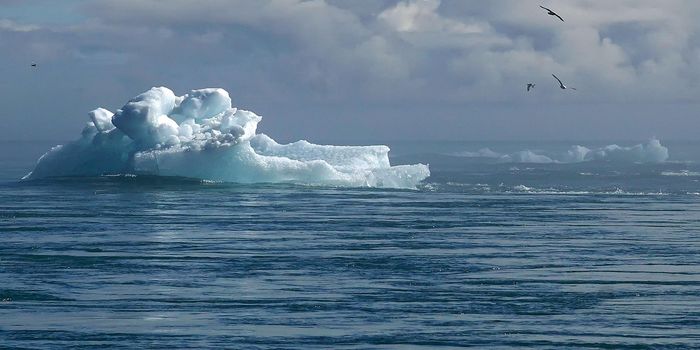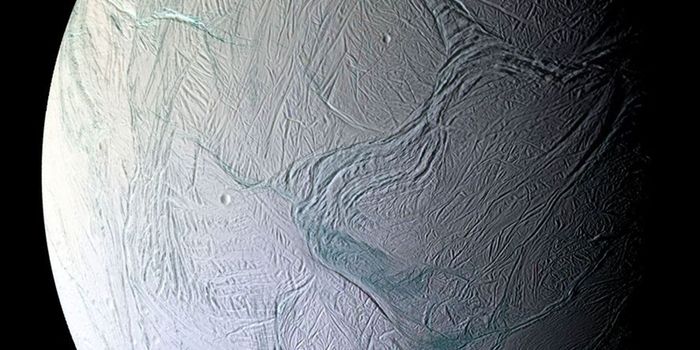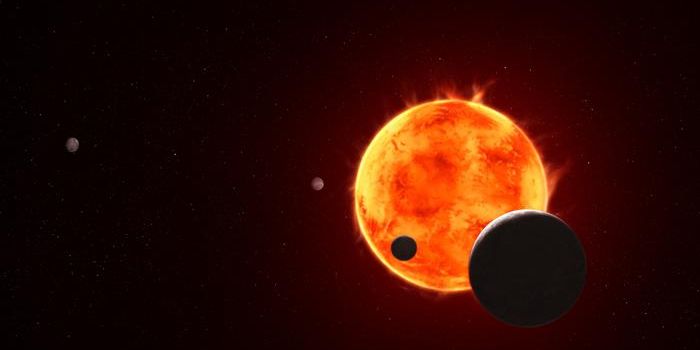Attack of the Killer Toilet Paper? "Forever Chemicals" Identified in Endangered Orca Species
The bathroom can be a sacred place in one's home. A moment of silence, some privacy, or a place for self-care even. You use the restroom and have baby wipes and toilet paper as your option, but only one of those materials flushes sustainably to a certain degree. Today, with options for toilet paper plentiful, the production of making the softest yet most robust toilet paper has become a competitive market.
It is also no secret that various chemicals are used in the creation and production of everyday household items like toilet paper. It's a harsh reality to accept that some of our products are made with chemicals that are not as biodegradable as we would like them to be.
And now, chemical pollutants from many popular toilet paper brands have made their way into the ocean, impacting endangered killer whales.
In fact, Killer whales have been coined the most contaminated cetacean species on the planet. A recent collaborative study by scientists at the Institute for the Ocean and Fisheries, the British Columbia Ministry of Agriculture, Food and Fisheries, and Ocean Canada to sample tissues from two separate groups of whales within the Northeastern Pacific (NEP) sought to identify the long term health implications from the toxic "forever chemicals" found in many toilet paper brands.
Tissues from 12 killer whales were sampled in British Columbia. Morphometrics were compiled while the tissues were also tested for up to 21 various contaminants. Maternal transfer ratios, or the rate at which nutrients, DNA, and other genetic material are transferred from a mother to their offspring, were also figured in, and samples were based on concentrations from both mother and offspring. Any signs of contamination indicate the transfer of chemical toxins to the fetus.
While these findings are fairly new and can provide a ground for future studies, the science and understanding of contaminant distribution are not.
According to the Stockholm Convention on Persistent Organic Pollutants, a global treaty aimed at preventing the adverse effects of persistent organic pollutants (POPs), international recognition of chemicals that would not biodegrade and bioaccumulate far from where they were originally released could have a negative impact human and non-human life across the planet.
So, how does this affect killer whales? The Northeastern Pacific has three distinct killer whale ecotypes: Biggs (or Transient), Southern Resident, and Offshore. Each with their own genetically different socializations, behavior, and feeding ecology. The Southern Resident is considered the most endangered of the group. These forever chemicals have been detected in Greenland and New Zealand killer whales, with maternal transfer and feeding being their primary mode of transference.
The research is a wake-up call due to the number of contaminants contributing to the decline of the killer whale population.
Selected chemicals of emerging concern (CECs) are raising alarms, even with their continued use in everyday products such as food and water packaging, cookware, fire retardants, detergents, and bug repellants, to name a few.
We can protect the Southern Resident killer whales by discontinuing the production of harmful forever chemicals because it affects more than just the whales. The entire marine ecosystem is at risk of significant losses. At the current rate of human consumption versus waste and disposal of toxic chemicals, we could permanently damage aquatic and terrestrial ecosystems.
Sources: Eurekalert, MMC, PubACS, POPS, NatGeo








